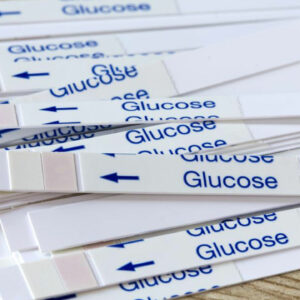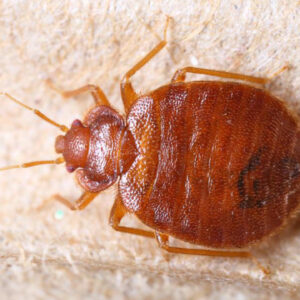
01
Know about the Types, Causes, and Treatments of Congestive Heart Failure
Congestive heart failure is a chronic heart problem which affects the pumping ability of the heart muscles. The heart fails to pump efficiently which causes heart failure. Congestive heart failure is high-risk and a life-threatening problem. Treatments for congestive heart failure work wonders to help people struggling with it. What is congestive heart failure? The human heart has four chambers, with the upper chambers known as atria and the lower chambers are known as ventricles. Blood is pumped to different body parts through the ventricles. The atria receive impure blood from the body. Congestive heart failure can be defined as the stage when the fluid accumulates around the heart. The fluid disables the ventricles to pump enough blood to the body. What are the different types of congestive heart failure? The left-sided congestive heart failure occurs when the left ventricle fails to pump blood effectively. Fluid can build up in the lungs and cause difficulty in breathing. Left-sided congestive heart failure is of two types: Systolic heart failure: The contraction of the left ventricle results in the improper pushing of blood for circulation due to the lack of force thus making pumping inefficient. Diastolic failure: The stiffness in the left ventricles doesn’t allow the muscles to relax. In this condition, the heart fails to pump the required level of blood. Right-sided congestive heart failure, however, occurs when the right ventricle pumps blood to the lungs inefficiently. Blood accumulates in the blood vessels and results in fluid retention. The congestive heart failure has four different stages: Class I, Class II, Class III, and Class IV. What are the common symptoms experienced in the different stages of congestive heart failure? Class I: No specific symptoms (although one tends to feel tired quickly). Class II: Shortness of breath and palpitations during physical activities.
Read More 










